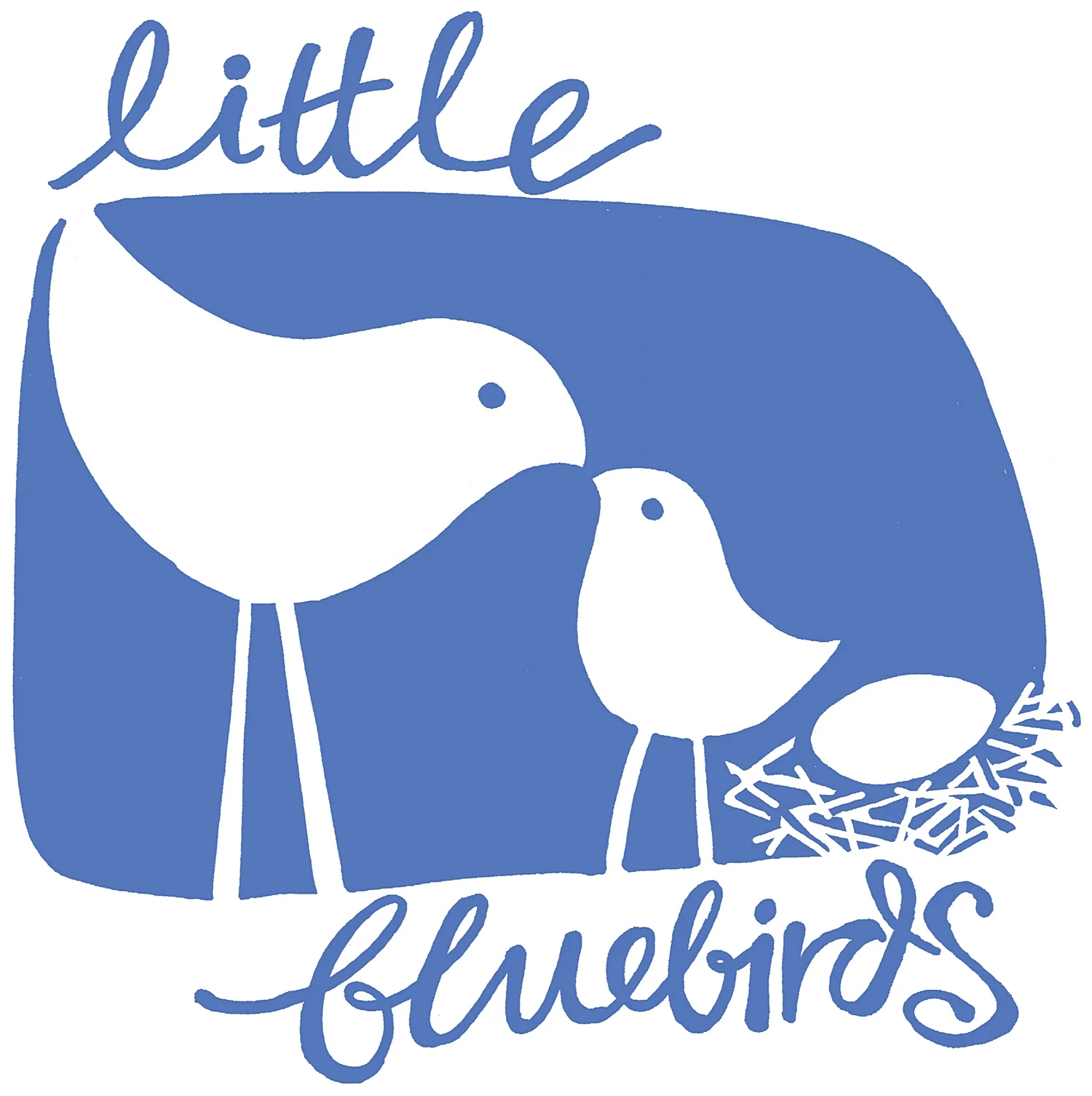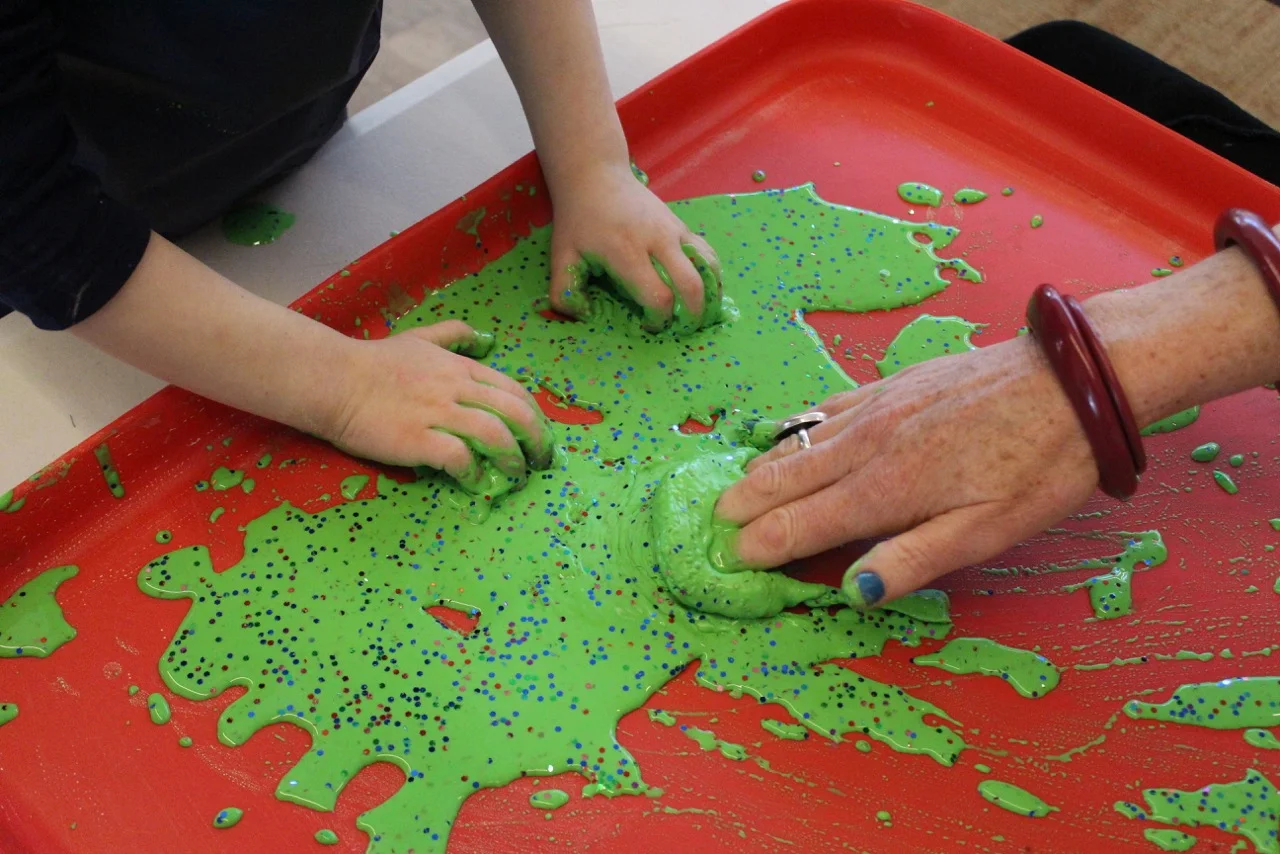Three things NOT to say to your little singer
One of the most precious sounds in the world is a young child singing. As an early childhood music teacher, hearing a child find their singing voice is still one of my biggest thrills even after many years of working with young children.
Doesn't this just melt your heart?
I'd like to think that singing should be a very natural part of childhood and indeed adult life. And I'm guessing that if you're still reading, you think so too!
So, if you would like your young child to start singing and keep singing for the rest of their lives, here are three things NOT to say to your little singer:
1. You have a beautiful singing voice
Our instinct as a parent is to tell our child how beautiful their singing is. And what could be wrong with that?
Well, perhaps that sends the message that only beautiful singing should be heard. And if they can't sing something beautifully then perhaps they shouldn't sing at all. I think children (and adults!) should think of singing as a normal part of everyday life. We don't tell our children how wonderful their swallowing is or how lovely their breathing is.
Of course, that doesn't mean we don't want them to improve and become better singers - we do! But if they get to hear lots of good singing and keep on singing and singing, they will slowly but surely develop their singing voices. A little bit like they develop from being early walkers who toddle about with their legs wide apart, falling over the slightest bump. We don't need to tell them to walk more gracefully, to keep their legs closer together and stay upright... they just do all of these things over time because they see others walking and they keep walking and walking and walking.
2. Sing louder
Little people have little voices. It is not realistic for them to be able to fill a room with their singing voice. In fact, if you have ever heard a child singing with a loud and mature-sounding vocal tone (think child prodigy on one of the many TV talent shows) then they will undoubtedly be using a technique called "belting". In a child this means they are probably using the tongue muscles and hyper-extending the laryngeal muscles. This practice puts unnecessary pressure on the vocal folds, and over time they may actually experience vocal damage similar to the issues some pop singers face. Yikes!
Little voices should be encouraged to sing in a 'head voice' that is naturally light in tone and generally quite soft. There's no need to talk with young children about the actual technique or work their muscles are doing when singing. Singing and listening to songs in high keys will gently guide them to use their 'head voice' and set them up for a lifetime of safe and tuneful singing.
Try these CDs if you're looking for quality recordings for your little singer:
3. Stop singing all the time
Do you have a child who sings ALL the time? They sing as soon as they wake up, they sing all day long and then they sing themselves to sleep at night. They even make up little songs about everything they do. "I'm having porridge for breakfast, with banana on the top, banana on the top, banana on the top. It is yum, yum, yummy in my tum, tum, tummy so I think I'll have some more..."
While the constant singing may grate on your nerves and you may be wishing for just one moment of peace and quiet, please try not to ask them to stop. This is their way of practising and refining their skills. It also means their heads are full of tunes, their bodies are feeling the beat and they are expressing themselves through song.
What a joyous way to live!
Does your child have a favourite song at the moment???








